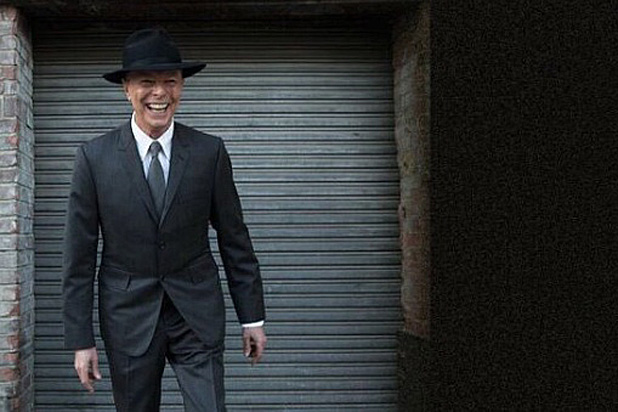 It wasn’t that long ago that the word “coach” was associated with just one thing: sports. Today, coaching is a fast-growing field, with coaches helping individuals on leadership, management, communication, life goals, health and wellness, sales…the list goes on. More and more professionals are being asked to coach their work teams, in order to get the most out of their people. Like any relationship, coaching must be built on trust and mutual respect. People you are coaching must trust you to guide them through a strategic thinking process. When information is shared openly, the process will be much more beneficial. As a coach myself, I recognize what skills are needed to be a successful coach. Here is my list:
It wasn’t that long ago that the word “coach” was associated with just one thing: sports. Today, coaching is a fast-growing field, with coaches helping individuals on leadership, management, communication, life goals, health and wellness, sales…the list goes on. More and more professionals are being asked to coach their work teams, in order to get the most out of their people. Like any relationship, coaching must be built on trust and mutual respect. People you are coaching must trust you to guide them through a strategic thinking process. When information is shared openly, the process will be much more beneficial. As a coach myself, I recognize what skills are needed to be a successful coach. Here is my list:
- Focus: The coach remains focused on the coaching client’s goals and in turn keeps the client focused on those goals. Within coaching sessions, the coach focuses on the work to be done in that session and keeps the client on track through a solid process and effective clarifying questions.
- Mindfulness/presence: The coach is fully present and eliminates any distractions. For on-site coaching sessions, be sure to find a quiet, private place to meet.
- Rapport/trust: As the coaching relationship deepens, so does the level of trust between coach and client. Create a safe environment for the exchange of open dialogue and trust will develop over time.
- Confidentiality: The coach clearly states, and upholds, the commitment to retain all conversations and information in confidence.
- Active listening: The role of the coach is to talk less and listen more. Let the client do the talking.
- Intuition: The compassionate coach uses all senses to assess the client’s mood or the environment. Sometimes the coach must rely on the “gut” feeling of intuition rather than a more logical, rational explanation.
- Curiosity: The curious crave a deeper way of knowing and driver a deeper level of inquiry. The result: thorough and sensitive questioning to reveal breakthroughs in thinking or behavior.
- Sound judgment but not judging: The coach remains non-judgmental and open-minded and is prepared to use sound judgment when helping clients work through challenges.
- Patience: Behavioral change requires patience. Understand that each client works in his/her own time frame. Some clients require greater time to sort out issues and develop solutions and strategies.
- Synthesis: After listening to the client, the coach weaves together strands of information, sometimes disparate, and creates a seamless, condensed summary. Some would call it the 30,000 foot perspective. Often the client cannot see what is most obvious. It takes a skilled coach to point it out. When a client says, “I never thought of it this way” or “I can’t believe I never saw that before,” the coach knows the client is viewing things differently and can now take action.
If you are asked to accept greater responsibilities and coach others, know the skills that are required to be an effective coach. These ten tips will keep you focused. Professional organizations, like the International Coach Federation, and others, can also provide you with additional information for the professional coach.
(Excerpt from Everything I Do Positions Me: The Simple Path to Professional Success by Christine Zust, available from the author’s website at www.zustco.com.)





